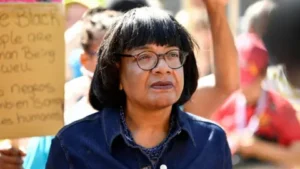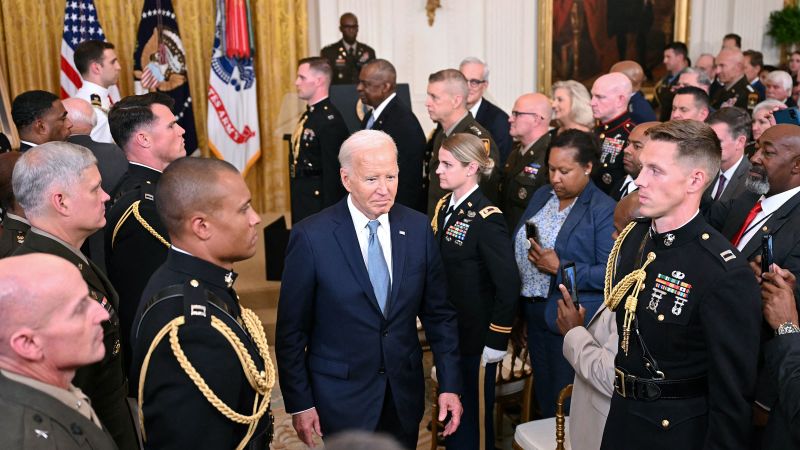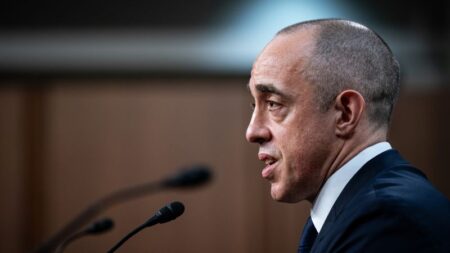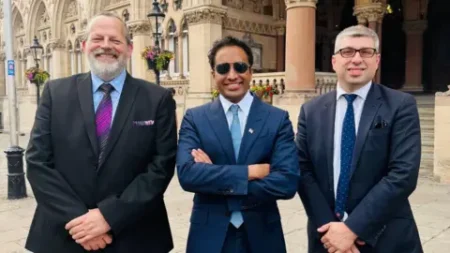The NATO summit, commemorating the alliance’s 75th anniversary and planned to secure long-term military support for Ukraine, unexpectedly turned into a major test of President Joe Biden’s health and cognitive abilities. With his reelection campaign facing challenges following a disastrous debate performance, the 81-year-old leader is under intense scrutiny as he leads discussions with world leaders in Washington this week. Biden, who has been a key figure in NATO and Ukraine’s defense, is now facing questions about his fitness to serve a second term, especially after concerns raised by Democrats and foreign diplomats.
The summit, overshadowed by doubts about Biden’s capacity to lead, is crucial for NATO allies who are seeking reassurance about the future of US leadership. Former US Ambassador to NATO, Kurt Volker, highlighted the importance of Biden’s role in the alliance and the concerns about the potential return of former President Donald Trump. Foreign leaders are carefully observing Biden’s performance, with some expressing disbelief following his debate appearance and questioning his ability to remain a viable candidate.
Despite the political turmoil surrounding Biden, US officials maintain confidence in his leadership abilities and deny any concerns raised by allies. The summit’s agenda, focused on key national security issues and strengthening NATO-Ukraine relations, remains on track despite the ongoing political crisis. Diplomats and military officials have been working on concrete proposals to support Ukraine and enhance the alliance’s cooperation.
As Biden navigates his political future and faces calls from Democratic lawmakers to step aside, the summit serves as a critical test of his leadership skills and resilience. The outcome of the meetings in Washington will have far-reaching implications for US foreign policy and the future of NATO, as allies watch closely to see how the aging president handles the challenges ahead.











